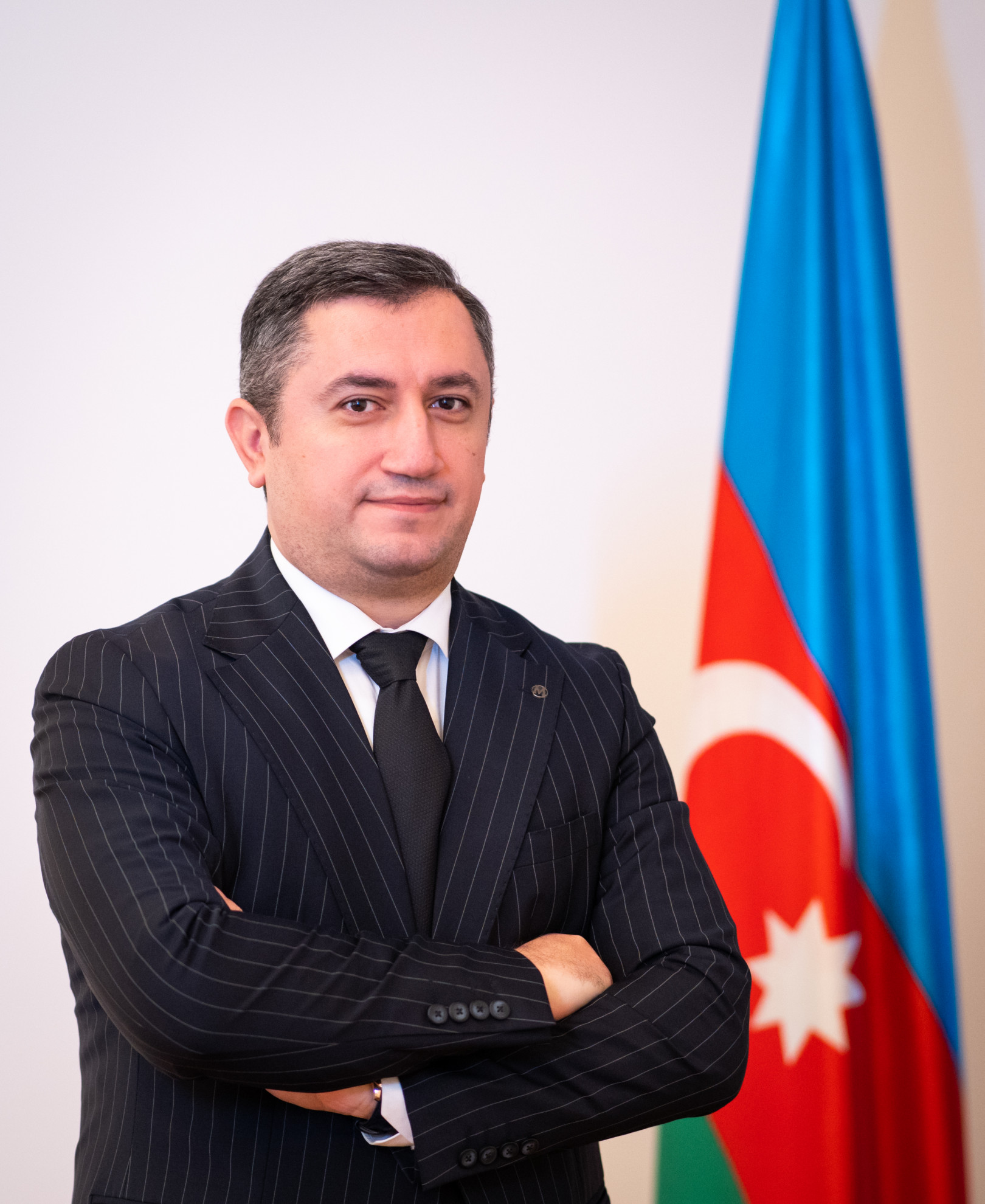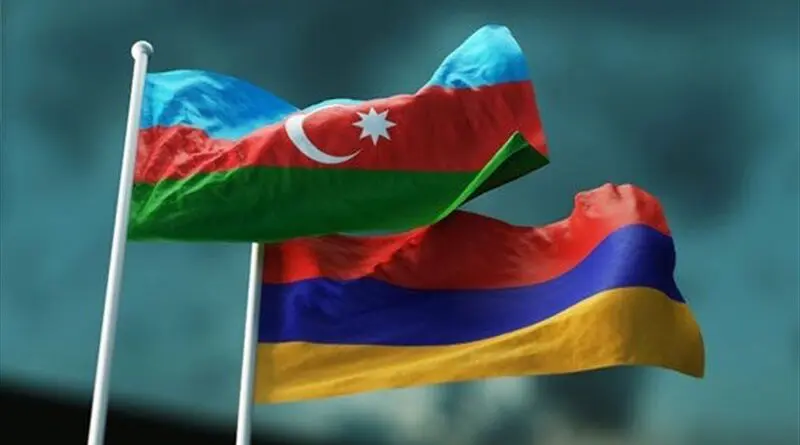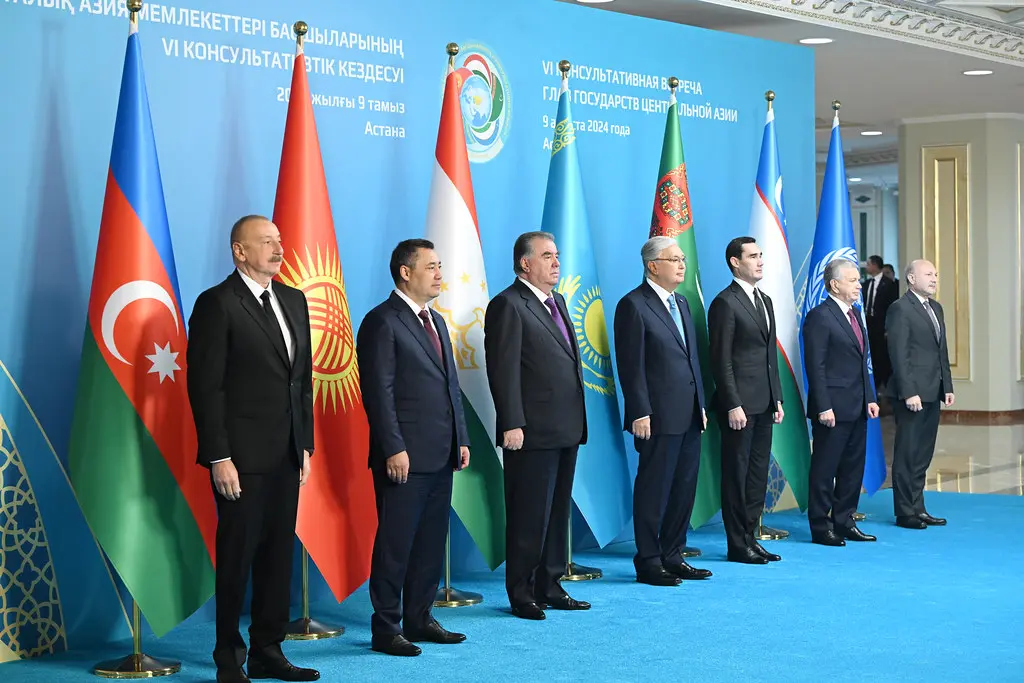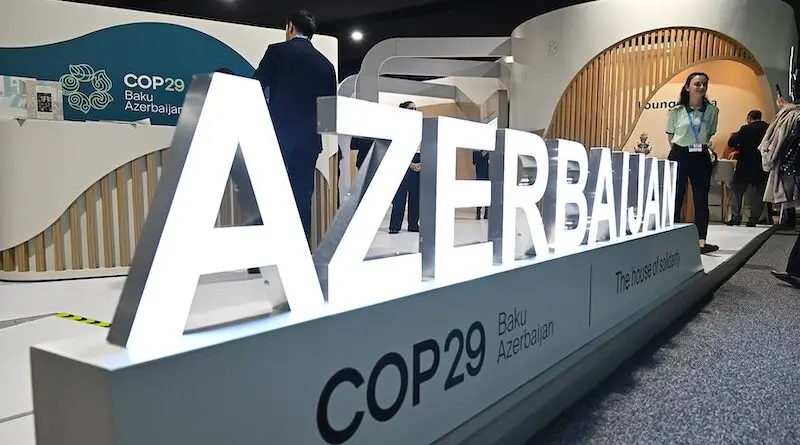In the wake of the anti-terror operations conducted by Azerbaijani armed forces in Karabakh on September 19-20, 2023, the geopolitical landscape of the region has undergone a significant transformation. Through these operations, Azerbaijan dismantled the de facto regime that had existed in the region, thereby fully restoring its territorial integrity and sovereignty.
This decisive action has resolved a century-long conflict in accordance with international legal norms and Azerbaijan’s legitimate interests. However, despite the cessation of hostilities, the underlying issues between Armenia and Azerbaijan remain unresolved, necessitating further substantial efforts to ensure the sustainability of the peace process.
Territorial Claims and Legislative Issues
One of the foremost challenges is the presence of territorial claims against Azerbaijan enshrined in Armenia’s internal legislative documents. The Armenian constitution, the declaration of independence, and various parliamentary resolutions contain provisions that assert territorial claims over Azerbaijani territories. These legislative artifacts perpetuate tensions between the two nations even after the resolution of the armed conflict, thereby obstructing the peace process. Azerbaijan’s primary demand is the abrogation of any clauses within these legislative documents that imply territorial claims against it. This measure is pivotal for advancing the peace process between the two states.
Amending Armenia’s legislative documents to renounce territorial claims, as demanded by Azerbaijan, is indispensable for rebuilding mutual trust. Furthermore, these legislative amendments should receive robust international support to compel Armenia to undertake prompt and effective reforms.
Opening of Communications
Another critical issue is the failure to implement the opening of communication lines, attributed to Armenia’s unconstructive stance. The trilateral statement signed on November 10, 2020, obligated Armenia to open communication lines between mainland Azerbaijan and Nakhchivan. Nevertheless, official Yerevan has yet to fulfill this commitment, presenting a substantial barrier to economic and social integration in the region.
Facilitating the opening of these communication lines will significantly enhance economic ties and trade within the region, thereby improving the living standards of the local populace. This step is also crucial for ensuring long-term peace and stability. Armenia’s unconstructive position on this matter undermines the peace process and jeopardizes regional stability.
Challenges in the Delimitation Process
Persistent issues also plague the delimitation process. Although the parties managed to delineate a portion of the border in April this year, several contentious points remain unresolved. Successful delimitation necessitates close cooperation and mutual understanding among the experts from both countries.
The failure of the delimitation process could engender new tensions in the border regions, further impeding the peace process.
Policies of External Power Centers
The policies of certain external power centers with vested interests in the region pose another formidable obstacle to the peace process. These power centers endeavor to maintain their influence by perpetuating tensions between Armenia and Azerbaijan. For instance, certain states and international organizations leverage various mechanisms to safeguard their interests in the region, complicating the peace efforts between the two nations.
Prospects of the Peace Process
Despite these impediments, there are substantial grounds for optimism regarding the ongoing peace process between Armenia and Azerbaijan. By resolving the conflict and liberating its occupied territories, Azerbaijan has reestablished its territorial integrity. This achievement lays a historical foundation for the signing of a peace agreement and the normalization of bilateral relations. Azerbaijani President Ilham Aliyev’s recent statement that 80-90% of the peace agreement draft has already been agreed upon signifies substantial progress toward a durable peace.
Adopting a constructive and realistic approach to post-conflict issues could pave the way for the signing of a final peace agreement between the two countries. Additionally, Azerbaijan’s invitation to Armenia for the COP29 event in November exemplifies a significant step toward normalizing bilateral relations. This invitation symbolizes Azerbaijan’s commitment to constructive dialogue and cooperation.
Opportunities and Risks
In this context, a rigorous analysis of the ongoing peace process between Armenia and Azerbaijan, focusing on new opportunities and risks, is imperative. Key opportunities include the establishment of lasting peace in the region, acceleration of economic and social development, and enhancement of regional security and stability. However, the risks threatening this process must also be carefully considered. Armenia’s unconstructive stance, the policies of external power centers, and other post-conflict challenges could hinder the progress of the peace process.
Achieving lasting peace in the region and normalizing bilateral relations necessitate mutual constructive and realistic approaches from both sides. Such an approach will contribute significantly to strengthening security and stability not only in the region but also globally.
Conclusion
The ongoing peace process between Armenia and Azerbaijan demands a thorough examination of new opportunities and risks. The success of this process hinges on both countries engaging in constructive dialogue and cooperation. Ensuring regional stability and security, as well as fostering economic and social development, depends on the successful conclusion of this peace process. Only through these efforts can enduring peace and tranquility be established in the region.








